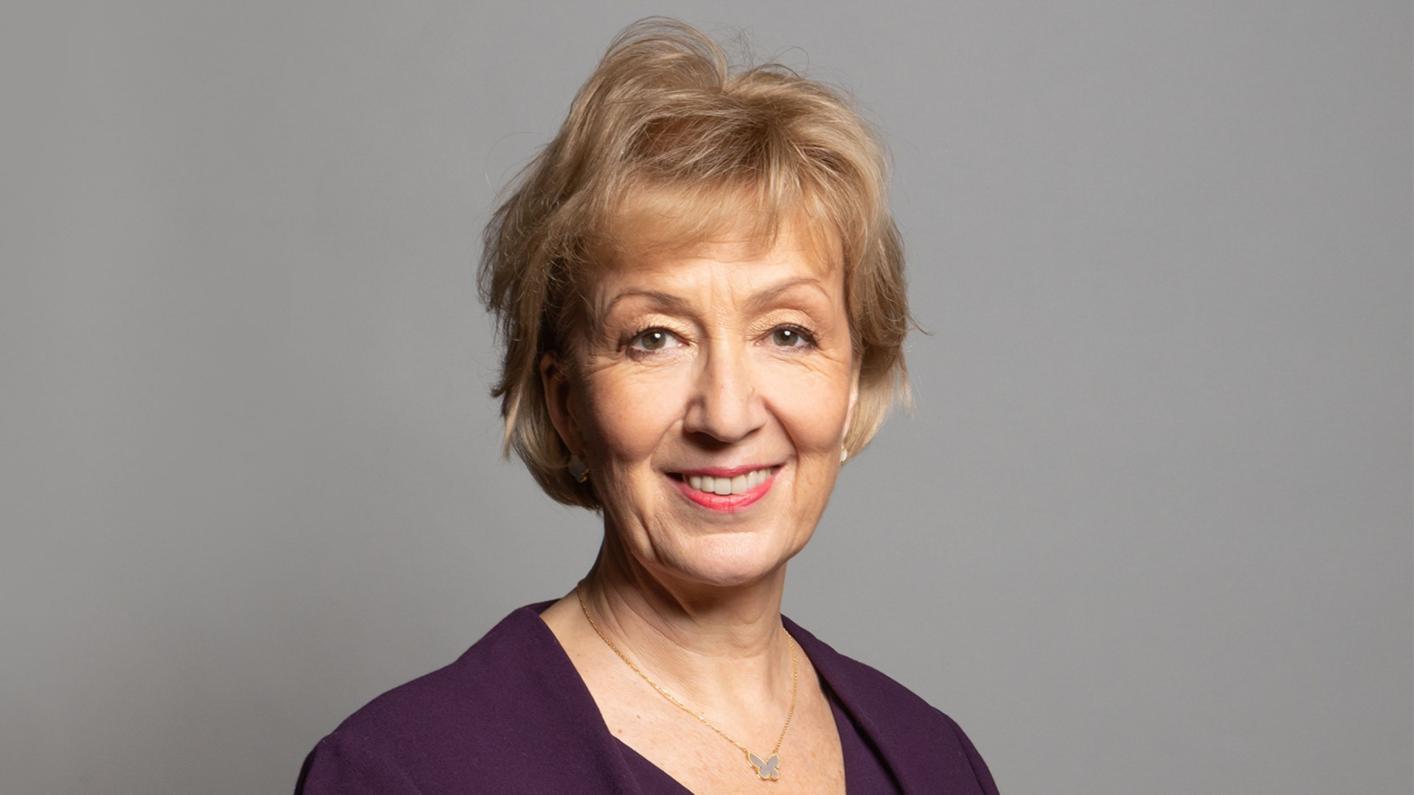News / Government reaffirms commitment to dental contract reform
The government has insisted it is committed to dental contract reform in an attempt to make NHS work more attractive to dentists.
The Department of Health and Social Care published its dental recovery plan in February, unveiling a package of incentives to encourage dentists to see new NHS patients alongside a ‘golden hello’ of £20,000 over three years for dentists committing to stay in underserved communities. However, the plan was widely criticised for failing to reform the dental contract, which is based on a system of payments for units of dental activity (UDAs).

Instead of announcing reforms to the widely criticised contract, the plan promised only that the government was ‘developing further recommendations for dental contract reform’, which would be ‘phased in from 2025 onwards’.
Giving evidence to a Commons Health and Social Care Committee hearing on dentistry this week, Andrea Leadsom (pictured), minister for public health and primary care, was adamant that contract reform would happen, despite not setting out any specific proposals in the recovery plan. ‘Contract reform is absolutely the priority,’ she said. ‘However, when I first came into this role, it seemed to me that dental recovery was even more urgent than contract reform. We are now turning seriously to contract reform.’
The minister said that her first ‘serious meeting’ with stakeholders and dentists about changes would take place at the end of March and consultation is expected to go ahead later this year with a view to rolling out contract reform in 2025.
Quizzed on whether the government was committed to moving away from the use of UDAs, Ms Leadsom said ‘almost certainly for complex cases’, but that UDAs can work for check-ups. ‘So there could be a role for UDAs, but where more complex case are concerned, we will want to look at other systems,’ she added.
However, while she asserted that the direction of travel was towards a system that supported prevention, she was cautious about the use of capitation funding, where pilots had demonstrated lower access for people in greater need. ‘So it doesn’t seem to back up the fact that it would provide more access for people with greater need,’ she said. ‘We need to understand that further.’
The committee also questioned Amanda Doyle, NHS England director for primary care and community services, on the decision to relax the ringfence on the 2023/24 dental spending. Integrated care boards (ICBs) have been allowed to use underspent dental resources, freed up because dental providers have not provided all the activity they were contracted to do, to offset wider financial pressures. Some reports suggest the underspend is as high as £450m.
Normally unspent ringfenced funds would be clawed back by NHS England to the central pot. Dr Doyle said it became clear in November that dentists in aggregate were underdelivering on their commissioned activity. ‘I wrote to ICBs to remind them of the opportunities to commission flexibly and to use more of the dental funding on dentistry,’ she said. ‘But if they were unable to do that, [I said] we would not claw it back centrally, but it would remain with ICBs and would effectively offset pressures elsewhere in the system.’
In an earlier session, British Dental Association (BDA) General Dental Practice Committee chair Shawn Charlwood said the country was ‘not on track’ to deliver the government’s stated ambition for ‘everyone who needs one to be able to access an NHS dentist’.
The recovery plan offered nothing to bring the service back from the brink, he said, with no new money and payment for all the new measures accommodated within the existing contract value. He said with more complex patients being seen as part of the proposals, the upshot could even be a reduction in the overall numbers seen on the NHS.
In a BDA survey about the recovery plan, just 1% of dentists thought the plan was capable of keeping the government’s promise of providing NHS care to everyone who needs it. Just 3% thought the plan would keep them providing NHS care in the long term. And the same percentage believed the plan would result in practices seeing more NHS patients.
The Nuffield Trust published a report in December suggesting NHS dentistry in England was at its most perilous point in its 75-year history. The trust’s chief executive, Thea Stein, told the committee there were some things in the recovery plan that could work at scale. ‘But in terms of that root-and-branch overhaul of dentistry and the gripping of [the question] – is it a universal service for all, or a gold-plated service for the most vulnerable and those with most need and a service that is means tested for others? – it goes nowhere near grappling with those fundamental issues.’ She added that the impact of delaying contract reform until 2025 would be a continued move of dentists away from NHS dentistry.
Related content
The HFMA mental health conference is a learning and development event and is the largest face to face event for the HFMA Hub mental health network.
HFMA London Branch, SDN and London Finance Academy look forward to welcoming you to the Annual conference 2024